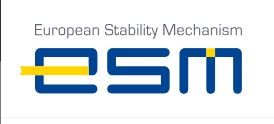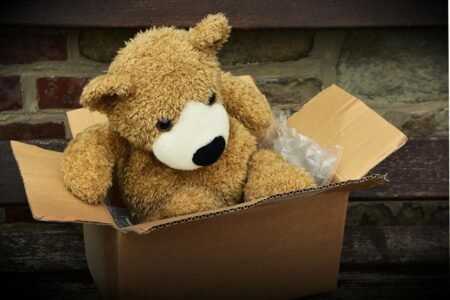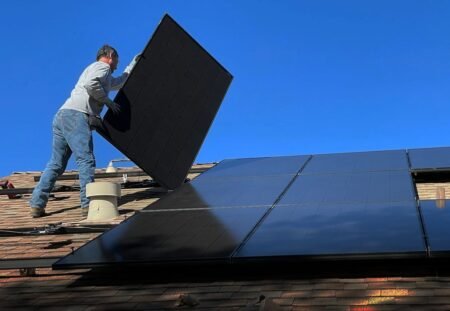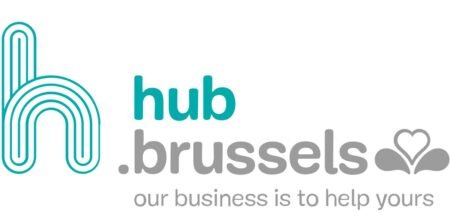Not all cleaning products are safe for humans to use. While they may kill off bacteria and germs, they ultimately leave a host of harmful chemicals and toxins behind. Thankfully, the EU has been a proactive global leader in overcoming this issue.
Europe Leads the Way, U.S. Falls Behind
Regular use of cleaning sprays in the home has a similar impact on lung health as smoking a pack of cigarettes every day – this according to research published in the American Thoracic Society’s American Journal of Respiratory and Critical Care Medicine.
The research studied more than 6,000 people over two decades and found that lung function is significantly impacted by the regular use of cleaning products in the home. While the short-term effects of cleaning chemicals have long been understood, this was one of the first studies to highlight the dangers of long-term exposure.
Unfortunately, this isn’t an isolated issue or an unsupported study. There are dozens of other reports and documented research studies that corroborate the dangers of the chemicals found in cleaning products. Thankfully, European nations have been quick to respond with swift measures banning certain ingredients and chemical ingredients. Other countries – the US included – not so much.
Take Atrazine as an example. This chemical, which was banned in Europe 16 years ago, is the most heavily used herbicide in the US (you can buy it at any local hardware store).
“The chemical is a potent endocrine disruptor that causes immunosuppression, hermaphroditism and even complete sex reversal in male frogs at concentrations as low as 2.5 parts per billion (ppb)?well below the 3.0 ppb that the U.S. Environmental Protection Agency (EPA) says is safe,” Larry West writes for ThoughtCo.com.
While the EPA continues to say that Atrazine is safe in low concentrations, West reports that more than half a million pounds of the chemical drift off during spraying and fall back into the earth’s stream and groundwater supply. In fact, 75 percent of stream water shows the presence of Atrazine.
Historically, the US has trailed far behind the EU in banning toxic chemicals. For example, lead-based interior paints were banned in France, Austria, and Belgium in 1909. The rest of Europe enacted bans by 1940. It took the US until 1978 to make similar changes.
The problem is that people are aloof of the dangers that exist in chemical cleaning products and tend to trust that regulatory bodies are monitoring what goes into the cleaning products they purchase. Sadly, the watchdogs aren’t paying close enough attention.
The Environmental Working Group (EWG) has looked at common household cleaners and created what it calls a “Hall of Shame” list of products that present health risks.
“Already, our research has turned up products loaded with extremely toxic compounds banned in some countries,” the EWG explains. “Some of their ingredients are known to cause cancer, blindness, asthma and other serious conditions. Others are greenwashed, meaning that they are not, as their ad hype claims, environmentally benign. Still more hide the facts about their formulations behind vague terms like ‘fragrance.'”
What’s the Solution?
Banning dangerous chemicals found in cleaning products is the first step. The EU has done reasonably well with this already, but there are still opportunities for progress. In addition to blacklisting certain chemicals, people need to understand that there are safe alternatives.
Carpet Bright UK ? one of the leading cleaning services in the UK ? believes there’s a safe, all-natural alternative to just about any chemically-laced cleaning product. Carpet Bright UK suggests:
- Cleaning mattresses with a 1:3 mixture of vodka and water administered in a spray bottle.
- Cleaning microwaves with sliced lemons placed in a glass of water. Heat until the water boils over and let sit for 60 seconds before wiping off.
- Cleaning showerheads by putting vinegar into a polythene bag and tying it off with rubber bands. Leave it for a few hours and remove.
- Cleaning most carpet stains by applying a 1:2 mixture of vinegar and water. Cover with a wet cloth and then run an iron over it for 30 seconds. Repeat until desired results are achieved.
As these methods show, harsh chemical cleaning products aren’t necessary. And while the EU continues to lead the way in proactive banning of dangerous chemicals, there’s still much progress to be made. Education, awareness, and discretion are the keys to lasting change.







